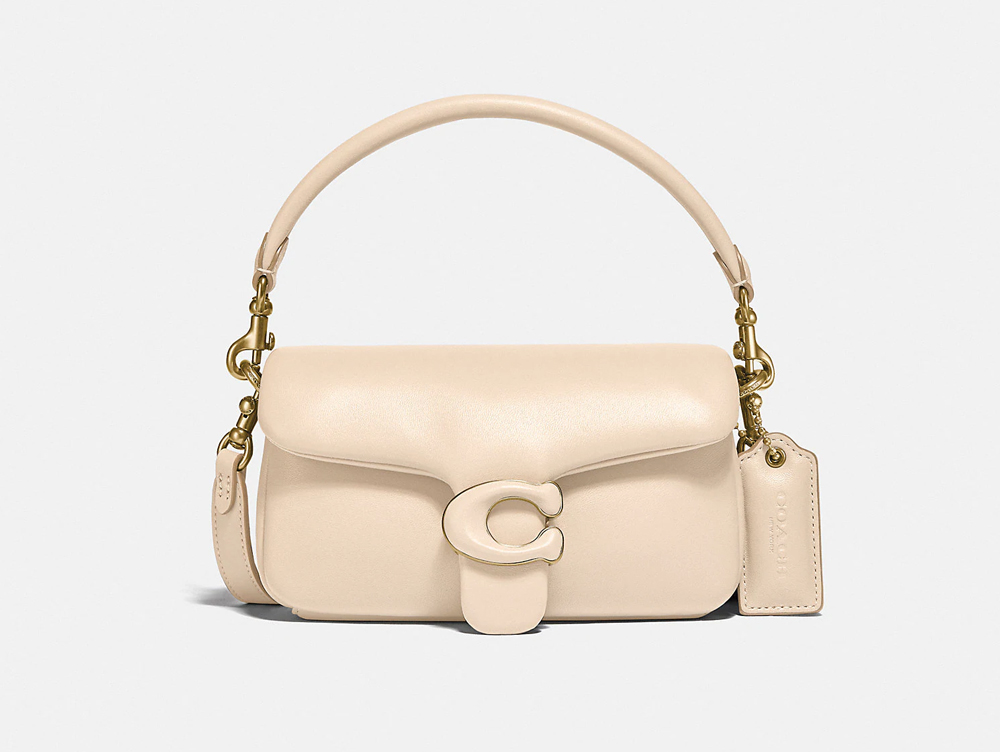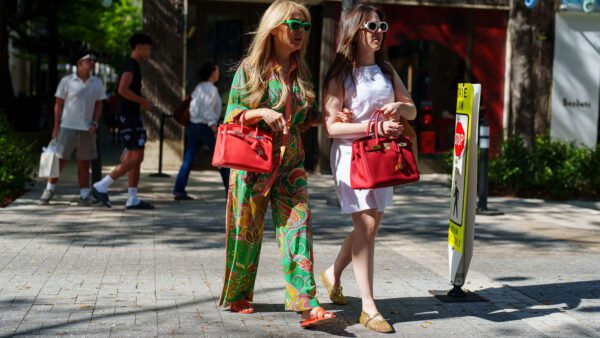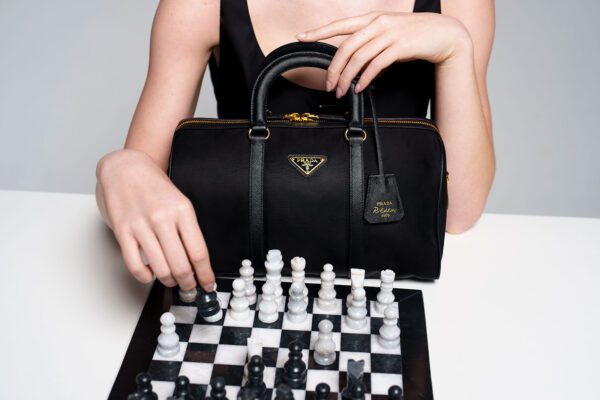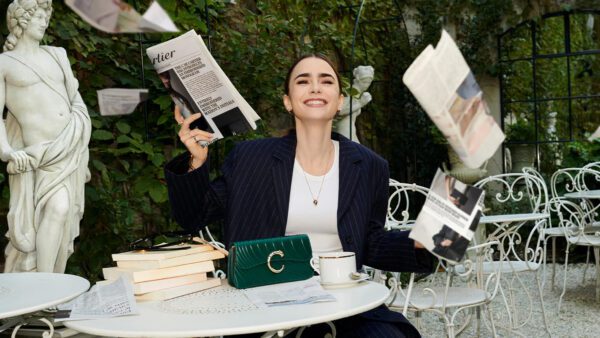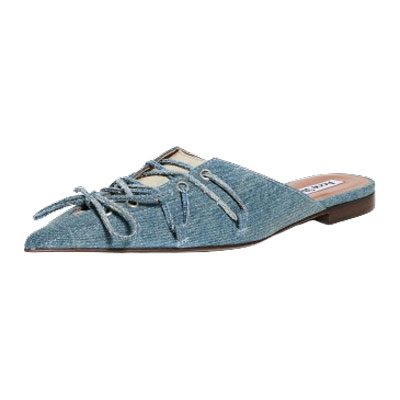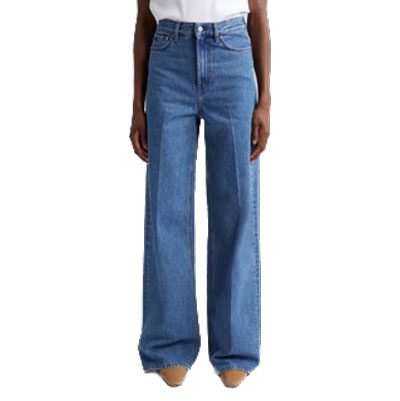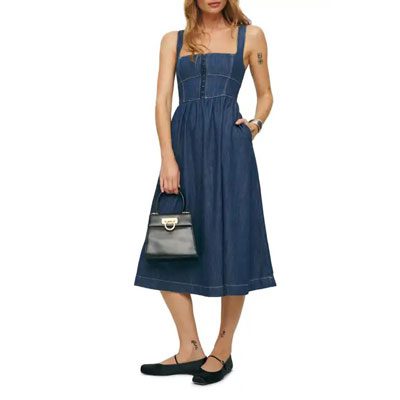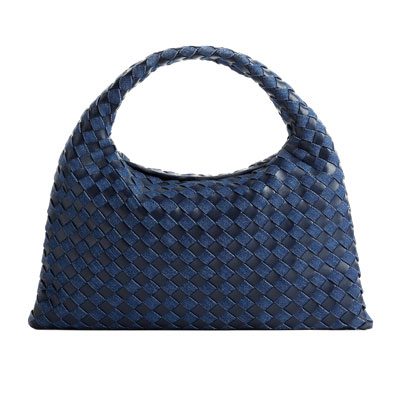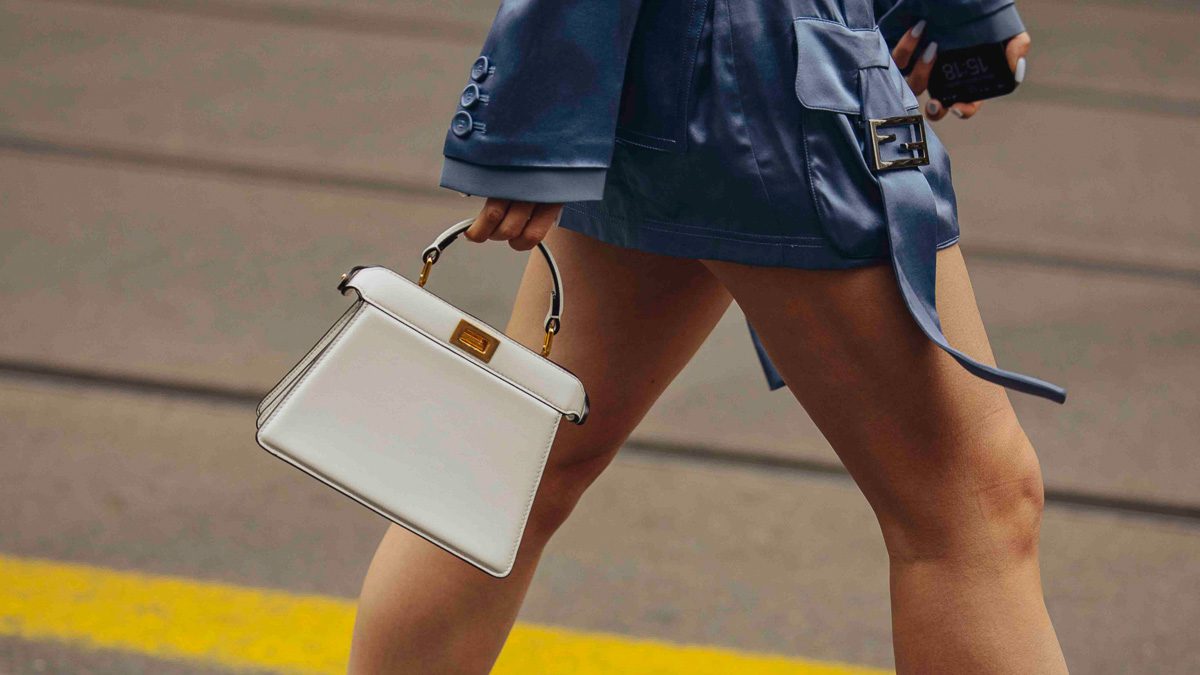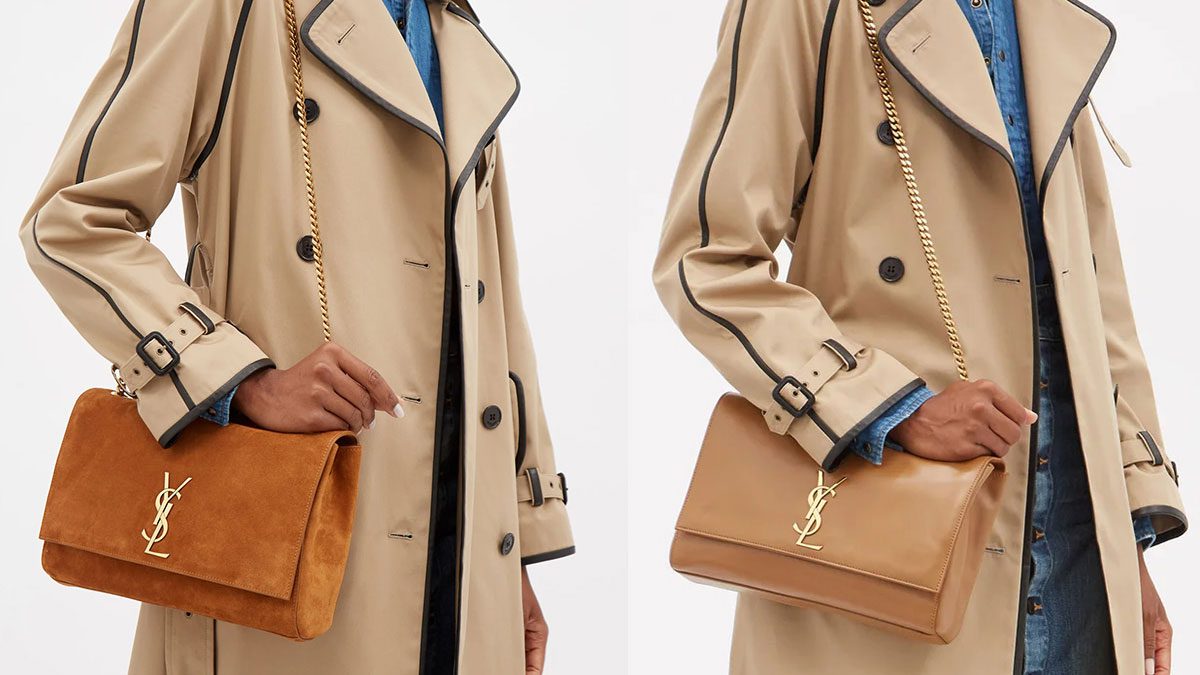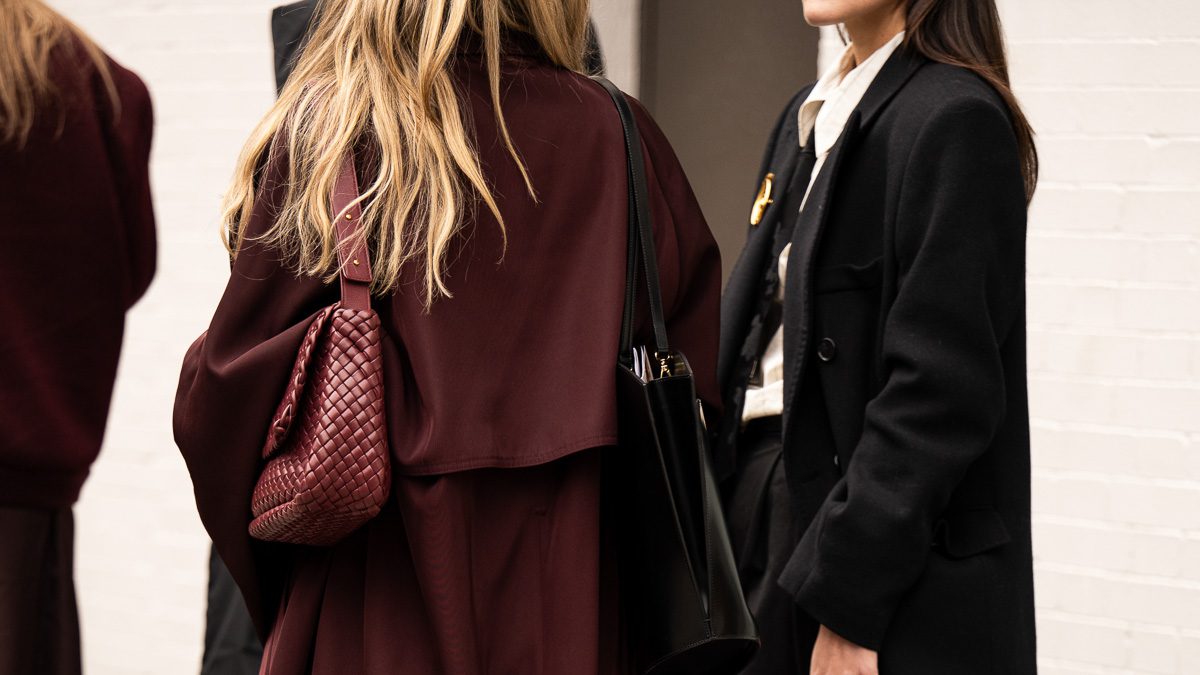Sometimes I fantasize about being able to buy everything on my luxury wishlist.
By random chance, I’ve won a $100,000 shopping spree and get to rush to the nearest Saks store and bask in the indulgence of outright reckless spending. Ah, what a dream!
Disappointingly, I live in a reality where every wishlist item only comes after a lot of planning and saving. This period can sometimes feel endless, especially after I’ve already mentally worked the item into my existing wardrobe and thought about all the ways I would wear it.
In the meantime, I’ve turned to premium contemporary brands to get my fashion needs met. The bags may not be ultra-high-end but are a great option for those like myself who need help holding over until their next big purchase (contrary to popular saving advice.)
Because they still can cost anywhere from $250 and up, factors related to a brand’s heritage, material quality, and design strategy must still be considered before making a purchase.
Here are a few things to consider before buying a bag from contemporary brands:
Don’t Get Stiffed
Most bags by contemporary brands are made using treated split-grain leather because of the material’s durability and shiny, scratch-resistant finish. It’s popular and easy to sell, but not all treated leather is made alike. Sometimes brands that mass produce their products can rely too heavily on Saffiano-style leather that is coated in wax or polyurethane. Hence, they only produce things that feel stiff, plastic-y, and overly treated.
Sure, it’s still technically considered real leather, but it also feels like the lowest-hanging fruit in terms of quality. I recommend opting for Pomellato leather. It’s still been treated, but its rounder surface pattern and thinner coating keep it protected without completely foregoing the tactical feeling of higher quality leather. It’s not commonly found, but brands like Teddy Blake are known to use it.
Dealing with Dupes
Next time you’re checking out a potential purchase, ask yourself this: has the bag’s brand only ever been known to make dupes of higher-end bags, or has it also created something famous or notable in its own right?
For example, the Tory Burch brand was famous for its shoes before claiming a stake in the handbag game. AllSaints was originally known for its high-quality menswear sold at Harrods before it expanded into producing womenswear and accessories.
I advise you to avoid brands that try to be jacks of all trades and are masters of none. It’s better to opt for brands that mastered one area before moving on to another.
Fashion Philosophy
Next, try to do a bit of research on the brand’s philosophy. Does it have a set of values that govern its vision? Even if their products are offered at a more moderate price point, established brands have a way of doing things that shows that they clearly understand what their ideal customers need and strive to give it to them.
The popular brand Kate Spade believes in “optimistic femininity” and tries to empower women by only producing things that would spark joy. Its use of cute colors, prints, and details are supposed to represent the brands’ ethos across all categories of clothing and accessories, home decor, tech accessories, etc. The brand also strives to show its vested interest in female joy and happiness via social impact programs centered around mental health and wellbeing.
It’s better to refrain from buying from a brand that has a questionable or nonexistent brand philosophy.
The Test of Time
Finally, a credible, premium contemporary brand is one that has effectively stood the test of time.
No matter how we feel about Coach now, we still must give credit where credit is due. It has a legacy and is a brand with a popularity that spanned multiple generations. At this point, Coach’s ability to stay relevant is admirable, and even the most bougie bag lover can admit to having at least one Coach style, new or old, that they like.
A “here today, gone tomorrow” business strategy feels like a ploy for customers’ cash and is a guaranteed way to make you feel cheated when even your local consignment shop refuses to resell it. Better to just go with a brand with more stable roots.
Now tell me:


